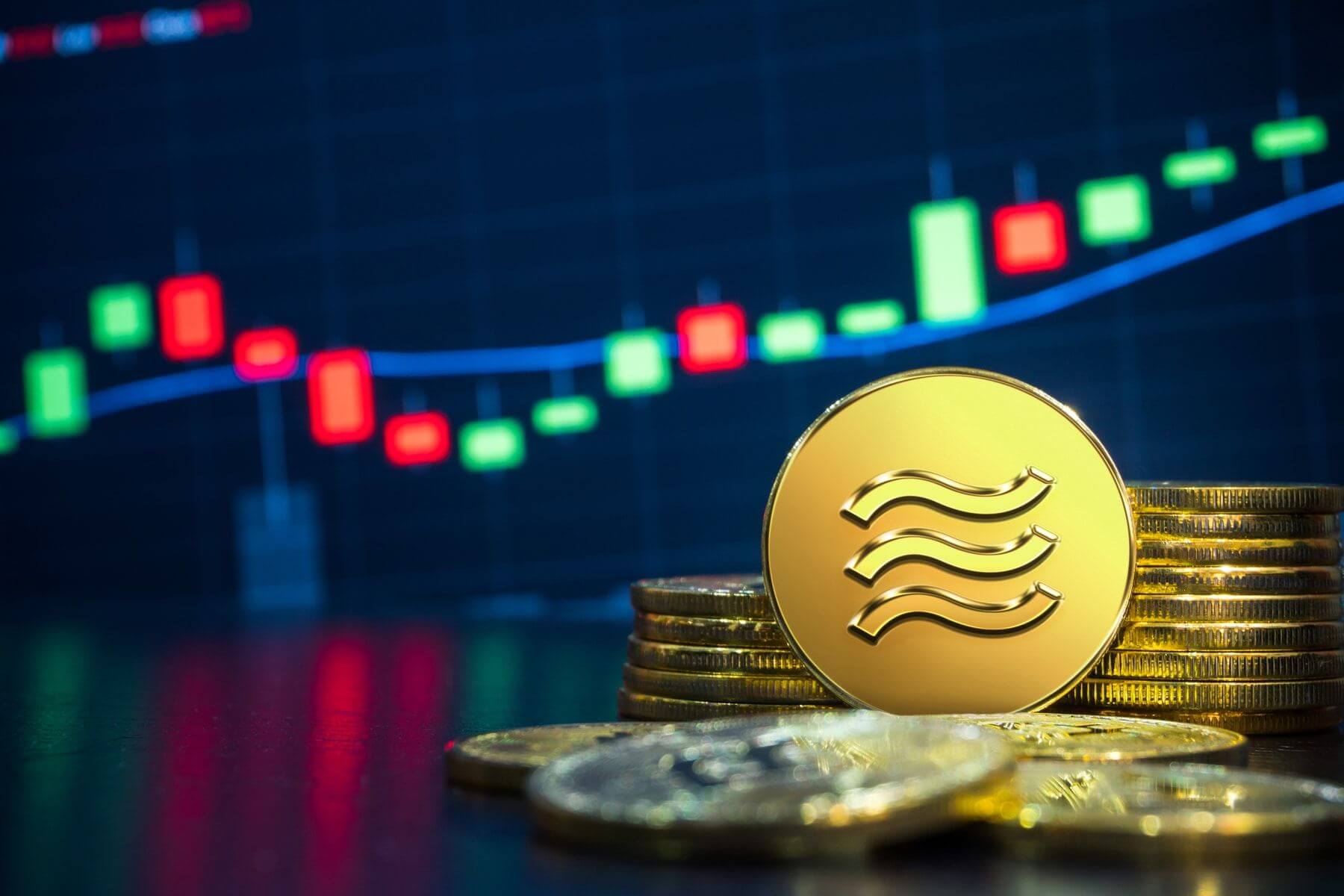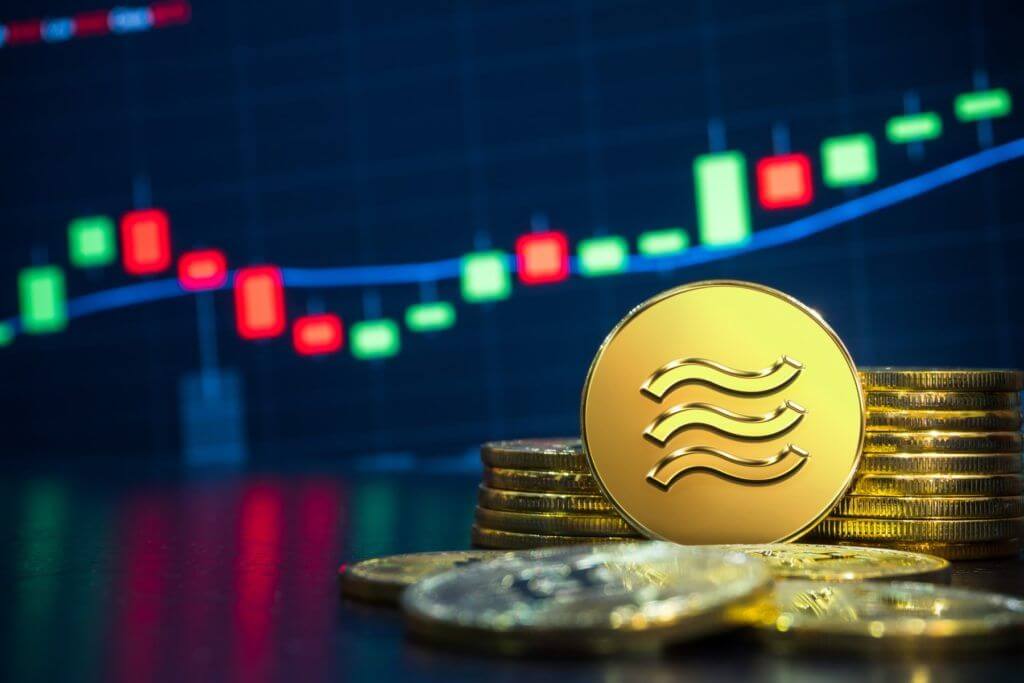
The controversial cryptocurrency project from Facebook has suffered another setback. The Libra partners list no longer includes PayPal. This means that it has come under close scrutiny around the world once again.

The Libra Partners to Date
The list of Facebook Libra partners has dropped down from 28 to 27. This group of global companies and non-profit organisations are being led by Facebook. However, the social media giant has a subsidiary. It is called Calibra and it is the public face of the company.
The idea is that 100 companies will join this association by next year. At the start, the big names involved included MasterCard, PayPal, Visa, Spotify, Lyft and Uber. Each of them have to pay around £8 million to join up.
What Has Happened?
It hasn’t yet been confirmed why PayPal has decided to drop out of this project. However, they released a statement on the subject. It says that they had decided to “forgo further participation in the Libra association at this time”. They state that they “remain supportive of Libra’s aspirations and look forward to continued dialogue on ways to work together in the future”.
Other members of the Libra project are said to be having second thoughts, too. Recent reports suggest that both Visa and MasterCard are considering whether to remain as Libra partners.
Following these reports, Visa chief executive Al Kelly confirmed that they haven’t yet officially joined the Facebook blockchain project.
Is This Project In Trouble?
Some suggestions point to a lack of regulatory clarity as being the reason why some Libra partners are thinking about backing out. The proposed new currency has already come under fire from politicians in Europe.
It has also been reported that EU regulators are keen to speak to Facebook about the possible risks of this currency. They have sent a number of questions to the company. Their questions cover matters such as data privacy, financial stability and money laundering.
This issue is being driven by Valdis Dombrovskis. He is the EU’s financial services commissioner. He is said to be keen to find out more about how this type of currency can be regulated, or whether it should be blocked.
Dante Disparte, who is the head of policy and communications in the Libra Association, confirmed the EU questionnaire. He went on to say that the group “welcomes this public policy dialogue and multi-stakeholder process”.
One of the other big concerns is that Libra could be seen to undermine national fiat currencies. American regulators have also suggested that the proposed pegging of the Libra to a group of diverse currencies from around the world could see it classed as a security.
The next couple of months will be crucial for Libra. With a 2020 launch date already announced, regulatory matters should be clarified soon. A definitive list of Libra partners needs to be obtained in the near future too.

